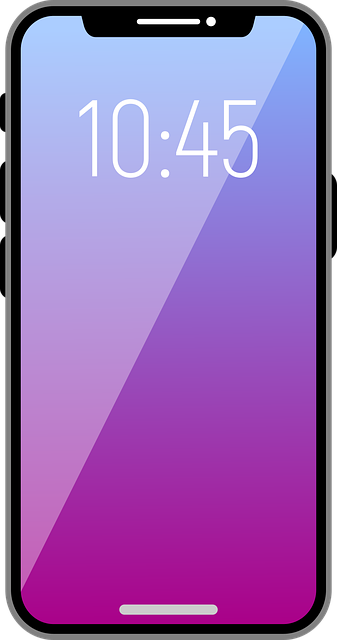Spam calls are a prevalent issue in Los Angeles, disrupting residents and businesses. The Telephone Consumer Protection Act (TCPA) offers protections against unwanted phone marketing. Individuals can register on "do not call" lists, install anti-spam tools, and seek legal counsel from spam call law firms or TCPA lawyers to combat spam calls, ensure data security, and create a peaceful communication environment in Los Angeles.
In Los Angeles, as in cities worldwide, spam calls pose a significant nuisance and legal concern. These unwanted phone messages, often promoting fraudulent schemes or containing malicious links, can have severe repercussions for individuals and businesses alike. This article explores the multifaceted role of technology in combating spam calls, delving into effective strategies and legal frameworks like the TCPA (Telemarketing Consumer Protection Act), crucial tools in shielding Los Angeles residents from such nuisances. Understanding these measures is key to knowing how to stop spam calls in LA and ensuring compliance with local spam call laws, a growing concern among both consumers and businesses alike.
Understanding Spam Calls and Their Impact in Los Angeles
Spam calls, or unsolicited phone marketing calls, have become a persistent problem in Los Angeles, affecting residents and businesses alike. These calls can be annoying, invasive, and even illegal, as they often violate consumer privacy laws. In Los Angeles, where there’s a high concentration of people and businesses, the volume of spam calls is particularly concerning. Not only do they disrupt daily life, but they can also indicate larger issues with data security and privacy.
The Telephone Consumer Protection Act (TCPA) in Los Angeles provides consumers with certain protections against these unwanted calls. Understanding how to stop spam calls involves familiarizing oneself with the TCPA and its regulations. A spam call law firm or lawyers specializing in TCPA can guide individuals on their rights and available legal remedies, including seeking compensation for violations. By knowing how to navigate these laws, Los Angeles residents can better protect themselves and take proactive steps to mitigate spam calls, ensuring a more peaceful and secure communication environment.
Legal Framework: TCPA and Its Role in Stopping Spam Calls
In Los Angeles, combating spam calls has become a significant concern for residents and businesses alike. The Telephone Consumer Protection Act (TCPA) serves as a powerful legal framework to address this issue. This federal law was enacted specifically to prevent unwanted phone marketing practices, including spam calls. By establishing guidelines on consent and restrictions on automated dialing systems, the TCPA empowers consumers to take action against relentless spam callers.
A Spam call lawyer in Los Angeles can guide individuals and companies on how to stop spam calls effectively. The TCPA allows recipients to register their numbers on national “do not call” lists, blocking most automated calls. Furthermore, it grants legal recourse to those who experience repeated spam calls, enabling them to seek compensation through litigation. Understanding and leveraging the TCPA is a crucial step in navigating the complex landscape of spam call prevention in Los Angeles.
Effective Strategies to Combat Spam Calls in Los Angeles
Combating spam calls has become a top priority for many Los Angeles residents, given the city’s status as a bustling metropolis. Effective strategies to stop these intrusive and often illegal calls involve a multi-faceted approach. One powerful method is to educate yourself about the Telephone Consumer Protection Act (TCPA), a federal law designed to curb excessive phone marketing. Understanding your rights under this law can empower you to take action if you suspect a spam call, by reporting it to relevant authorities or seeking legal counsel from a TCPA lawyer in Los Angeles.
Additionally, utilizing technology to its full potential is key. Many anti-spam applications and tools are now available, offering sophisticated algorithms to filter out unwanted calls. These apps can learn your calling patterns and automatically block known spam sources. Installing such software on your devices or enrolling in telephone carrier-offered call-blocking services can significantly reduce the volume of spam calls you receive. Remember, staying informed and proactive is crucial in navigating Los Angeles’ digital landscape and ensuring a quieter, more peaceful communication environment.






